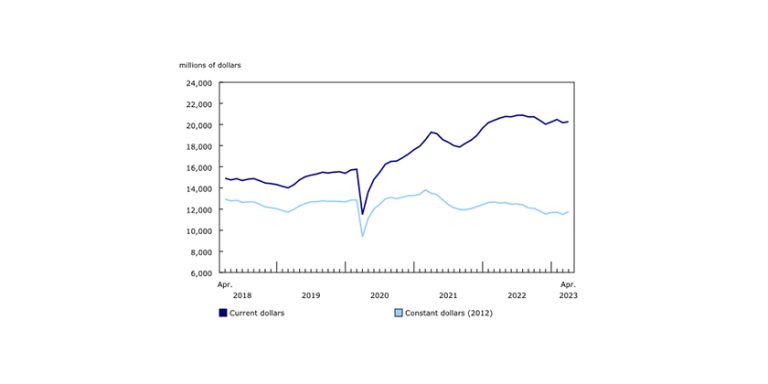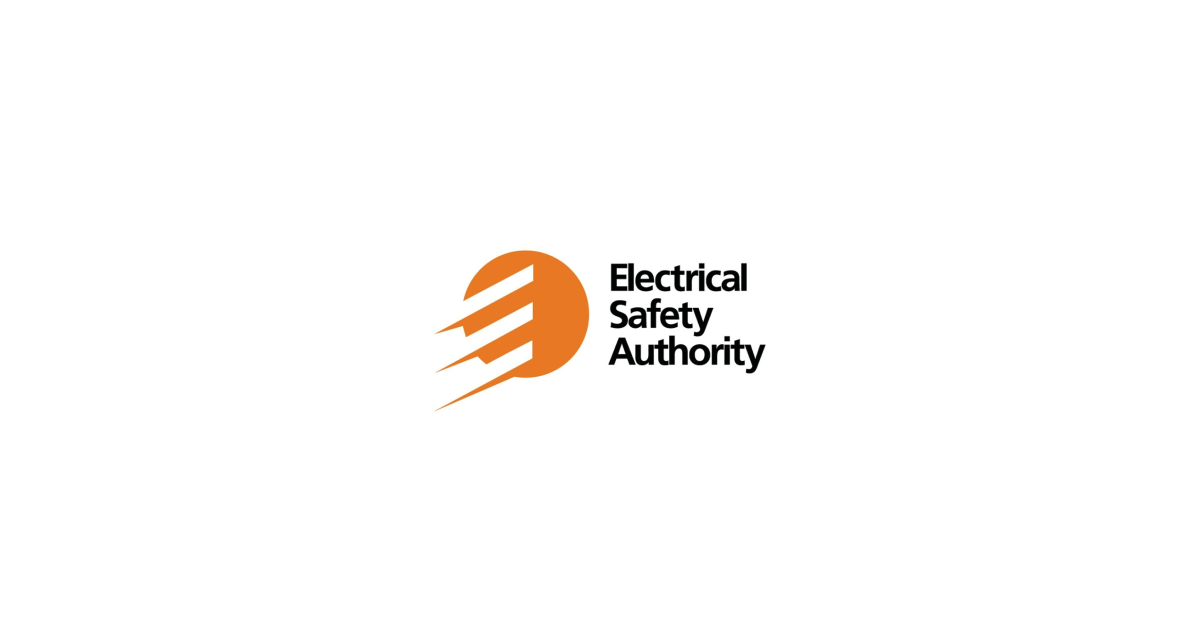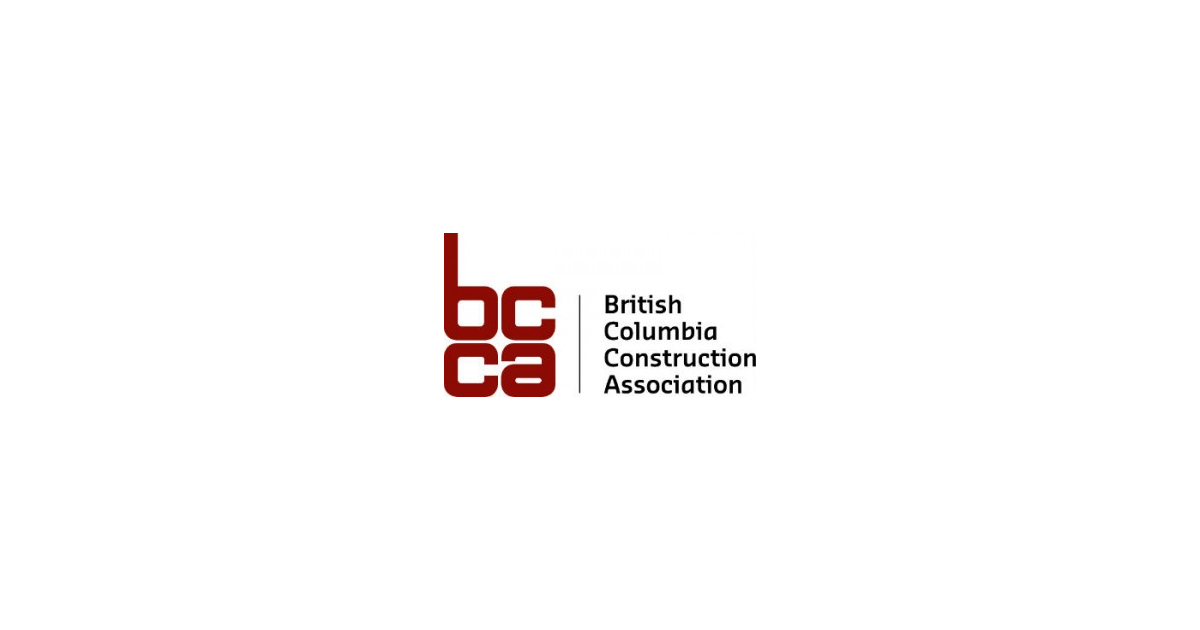Complaint Handling and Online Reputation Defence for Contractors, Part 2

October 28, 2016
Part 1 offered tips on how to respond to a complaint, including writing an apology letter. Here in Part 2: how to protect and even build your business after the complaint is resolved by obtaining a general release (especially if you resolved the issue by refunding money) and even a testimonial on how you successfully handled a complaint.
The following is a sample of a general release that you can customize to use for your company:
GENERAL RELEASE
TO ALL TO WHOM THESE PRESENTS SHALL COME OR MAY CONCERN, KNOW THAT (Your Client) as the RELEASOR, for good and valuable consideration received from (Your Company Name), as the RELEASEE, the receipt and adequacy of which is hereby acknowledged, each hereby releases and discharges the RELEASEE, each of the RELEASEE’S subsidiaries and their respective principals, affiliates, related entities, shareholders, officers, directors, agents, employees and their respective heirs, executors, administrators, successors and assigns from all actions, causes of action, suits, debts, dues, sums of money, accounts, reckonings, bonds, bills, specialties, covenants, controversies, agreements, promises, variances, trespasses, damages, judgments, extants, executions, claims and demands whatsoever, in law, admiralty or equity, which against the RELEASEE, the RELEASOR and the RELEASOR’S heirs, executors, administrators, successors and assigns ever had, now have, or hereafter can, shall or may, have for, upon or by reason of any matter, cause or thing whatsoever from the beginning of the world to the day of the date of this RELEASE, solely in connection with the contracting services performed by (Your Company Name) arising out of that certain work performed around (Date or Month/Year Work was Performed).
Whenever the text hereof requires, the use of a singular number shall include the appropriate plural number as the text of the number within the instrument may require.
This RELEASE may not be changed orally.
IN WITNESS WHEREOF, the RELEASOR has executed this RELEASE on the ______day of ________________________, ____.
(For a Corporation)
___________________________ By: ______________________________________
Attest: Name:
Title:
(For an individual)
____________________________ ________________________________(SEAL)
WITNESS:
____________________________ ________________________________(SEAL)
Both Releasor and Releasee will sign, in the form required (corporation or individual)
Testimonial
The second item to procure after a complaint is resolved is a testimonial. This can be used in your marketing programs just like any other testimonial, even if it reveals that there was initially a complaint. These may go along the lines of: “I had a complaint about the work that was done… and ABC Contracting resolved it to my satisfaction immediately.”
Most clients are generally stressed about their project before you’ve even set foot on their property, so this kind of testimonial can serve as a great reassurance to prospects that even if they’re like most homeowners who deal with most contractors, they’ll be happy in the end if they use your services.
Your good name online
A brand for a company is like a reputation for a person. You earn reputation by trying to do hard things well — Jeff Bezos, founder of Amazon.com
What you do online regarding your business is only half the equation; those who use your services, and business names that are similar to yours, can affect your brand and reputation, too. That’s why it’s important to monitor your online reputation, as well as your brand.
Your virtual identity
There are online reputation-monitoring and brand-infringement services that will do this kind of tracking for you, but a quick perusal shows that a number of these services have problems with their own websites, such as their navigation, contact information, credentials, homepage appearance, and even the spelling and grammar on their site’s pages. If they can’t be trusted to keep their own online presence professional looking and error free, should you trust them with your site? More to the point is that you’re paying someone else to do what you should be doing for yourself for a fee that doesn’t guarantee you 100% protection. You’re not a corporation that employs a gaggle of lawyers; keep your overhead low and keep on top of your own online reputation. At least in the initial stages, you should do this monitoring personally.
An easy way to monitor online activity related to your business is to do a search of your business name. You can do this weekly or daily to see what pops up. You may be surprised to discover that other businesses have mentioned you on their sites. Are these associations positive? Are they valid—do you actually have a professional relationship with them, or are they attempting to piggyback on your success or name recognition? Have they co-opted your trademarked tagline? It’s important to acknowledge these positive and negative associations as soon as you discover them, to either cultivate and expand on them, or to shut them down and issue a general warning that you are monitoring your brand and are prepared to legally escalate any brand or copyright infringements, should you discover them. Never underestimate the temerity of an unscrupulous online competitor or copyright thief. By the same token, never underestimate the power of your threat to take a person to court if they infringe on your brand. Most threats work instantly, as these types of fly-by-nighters don’t want to chance discovery and prosecution, which can include federal criminal charges, as well as civil penalties.
You can also be notified of instances of your business name being searched using Google Alerts. This also works for brand names, slogans and proprietary product names and services. Anyone favourably discussing your products and services online creates information that you can post on your website. (You can do this without their permission; once it’s accessible on the Internet, it’s generally fair game to re-post. But if the information was written by a past client, it’s good public relations to ask to re-use their comments on your site as a courtesy, as well as to get more feedback.)
Perhaps a blogger has mentioned her encounter with your business; read what she’s written, including any comments on her post. Online reviews can be informative and valuable. You may want to ask to link to the blogger’s positive comments, or to copy them to your site. Cultivate these positive associations.
You may discover that someone has said something unfavourable about your or your business. This is always disappointing, but it can be just as valuable and informative as positive feedback—even more so. The first question you should ask yourself is whether the criticism is legitimate. If it’s a comment about your office staffers, for example, don’t assume that they can do no wrong; investigate the claim as fully as possible. Then, ask yourself whether you can improve your products and services based on the feedback.
Protect yourself from being libelled online
Some negative feedback is not instructive or constructive. It may be merely unkind commentary, or what used to be called “flaming.” You may have to let certain criticisms go; the more personal or hysterical a flame is, the more it speaks to the commenter’s state of mind rather than your service, and you will have to trust that other readers can make that same judgment for themselves.
But if a business or individual has made a false claim about you or your business, you will have to take action. You can’t let untrue or libelous claims go unanswered. Recycled information on the Internet has a way of becoming “fact,” and you need to stop it as soon as you become aware of it and take counter-measures to protect your online reputation and brand.
If the commentary is not merely negative but defamatory, you can shut it down by emailing the offender a warning. First, find out who posted the comments. Most negative commentary is posted anonymously or by using an online username that hides the owner’s email address. Can you tell who the person is by what they’ve written, such as a disgruntled ex-employee or a particularly unhappy client? If the person’s email is not readily available based on the comment, and the comments are false and designed to injure your reputation, you should write to the site’s administrator and warn them to take down the comments. Neither the owner of a website or blog nor a website that specializes in online consumer reviews is immune from legal action for allowing false or libelous posts to remain if you’ve lodged a formal complaint asking that they remove them. Under U.S. libel law, a website’s legal liability for publishing defamatory comments is as great as the person posting it, and before things reach a litigious stage, the website administrators will likely delete the offending post. (You should be aware that a deleted post can remain online through the site’s own caches, but that’s the nature of the Internet, rather than a fault of the site administrator—nothing online can ever really be “deleted.”)
Remember, though, that defamatory comments must be false, and they must also threaten to harm your professional reputation and damage your business. If matters were to proceed to an actual lawsuit, as the plaintiff in a libel case, you would have to prove injury based on the comment’s falsehoods. Otherwise, the defendants could claim—and win—on their rights to protected speech under the First Amendment, which includes unflattering and negative reviews, even if they’ve resorted to childish or even profane name-calling. Pull apart these comments to discern what is merely dissatisfied bloviating, and what is opinion presented as fact. You may wish to pursue legal advice to understand these distinctions better.
The following is a sample letter you can use to try to stop defamatory comments when you know who has made them.
[Date]
RE: Defamation
Dear [Client/Blog Poster/etc.]:
You made defamatory statements about me that damaged or threaten to damage my reputation as a contractor.
Specifically, you made the following false statements:
[Describe each false statement, when it was made, what was said or written, and who heard or read the statement. Consider attaching proof of the statement and/or copies of the defamatory writings.]
The law is clear that when a person makes defamatory statements about a private person in his trade, business or profession, it is considered defamation per se. In such cases, the law presumes injury and the plaintiff need not prove actual damages. The U.S. Supreme Court determined that this principle is fully consistent with the U.S. Constitution. [See, New York Times Co. v. Sullivan, 376 U.S. 254 (1964).]
I demand that you immediately retract your defamatory statements. I specifically ask that you take the following actions: [State what corrective action you want the potential defendant to take].
Your willingness to take these actions immediately will play an important role in whether I decide to move forward with a defamation lawsuit against you.
If you refuse to take these steps, a judge or jury may consider your refusal as evidence of malice and may award me exemplary damages.
If you believe your statements are not defamatory, I request that you provide me with all documents that you’re relying on to support your contention. I also request the name, address, phone number and email address of each person you believe can testify that the statements are not defamatory. I need this information to determine whether to move forward with a lawsuit against you.
Sincerely,
[Your Name] [Your Company Name] [Your Phone Number] [Your Email Address]
Build your own reputation through website maintenance
In addition to monitoring the reach of your brand online, including comments and trademark usage, you can do a lot to maintain control and get regular search engine-optimization activity by maintaining a dynamic website.
You may think that since you’ve already posted your products, services, business hours, location, testimonials, and some great photos, that’s all you really need. But you can make your site robust and interactive by adding more content. Consider adding a special section that features interesting links that are related to your business activity. For example, do you promote green building materials? Then post a link to some government-sponsored information that’s relevant to your remarks and products.
Write an article (or hire a writer occasionally) who can add value to your website by writing relevant and topical articles or brief posts. Visitors to your site will appreciate that you don’t let your website languish, but that you take an active interest in news and trends that affect your industry.
Take advantage of the power of SEO. For blog posts and articles, make sure you use keywords and track-backs as much as possible. You want your special website content to be robust and searchable. When prospective clients do a generic search online, you want them to find you first (or second, or third).
It’s important to strike a balance between what you can do to pump up your online presence, and what you should leave to others. Don’t get too over-invested in the typical bells and whistles found on many websites that are screaming to get noticed and make themselves obnoxious in the process. Paid ads and click-per-views are not recommended; unlike a stand-alone blog, your site is not your product—it’s promoting your product. Your site is used to sell your services. If you do include paid or sponsored ads, make sure they’re legitimate and that you have a sustained relationship with those vendors. Otherwise, not only will you be putting money into the pockets of counterfeit vendors, but your association with them will tarnish your own brand and reputation, and it will be nearly impossible to recover unless you change your business name and launch a whole new marketing campaign, which will be costly and time-intensive. Make these sponsorships relevant to your business and mutually beneficial. Any sites you link to your site should have link-backs, which you should verify occasionally.
It’s also a good idea to occasionally search for businesses in your area to see if they’re worth cultivating for an online bump in SEO and name-recognition. Or, if someone has taken a hit (such as one large engineering firm near Denver whose commercial buildings were found to be structurally faulty), you may want to consider removing their name or logo from your site, as well as pulling your implied endorsement from theirs. This is a delicate decision for a number of reasons. Legally speaking, any agreement or contract must be modified beforehand. But don’t allow someone else’s faltering reputation to indirectly compromise yours.
Remember that business reputations in a changing economy are dynamic, so monitor yours regularly, and become your own PR expert so that you can maintain control over your brand and good name.
Nick Gromicko is president of the International Association of Professional Contractors, the world’s largest construction trade association, based in Cheyenne, Wyoming. His duties include managing the association’s mega-database of more than 6 million contractors.
In 1992, Gromicko founded InterNACHI, a trade association for the residential and commercial property inspection industry. InterNACHI has operations in 65 countries. Its monster website is over 235,000 pages long, and its online and video training courses have been awarded more than 1,200 government approvals and accreditations. Gromicko is author of the International Standards of Practice for Inspecting Commercial Properties, which is published in nine languages and has been adopted for use in a dozen countries.
Gromicko is also author of more than 40 books and hundreds of articles for inspectors and contractors, including the best-selling Conquer series of marketing and business success books for contractors. He is a featured speaker on the subject of sales lead generation at construction-related conventions around the world.
This article was first published by the International Association of Professional Contractors, LLC, www.contractorsassociation.org.










![Guide to the Canadian Electrical Code, Part 1[i] – A Road Map: Section 52 — Diagnostic imaging installations](https://electricalindustry.ca/wp-content/uploads/2022/11/Guide-CE-Code-2.png)






